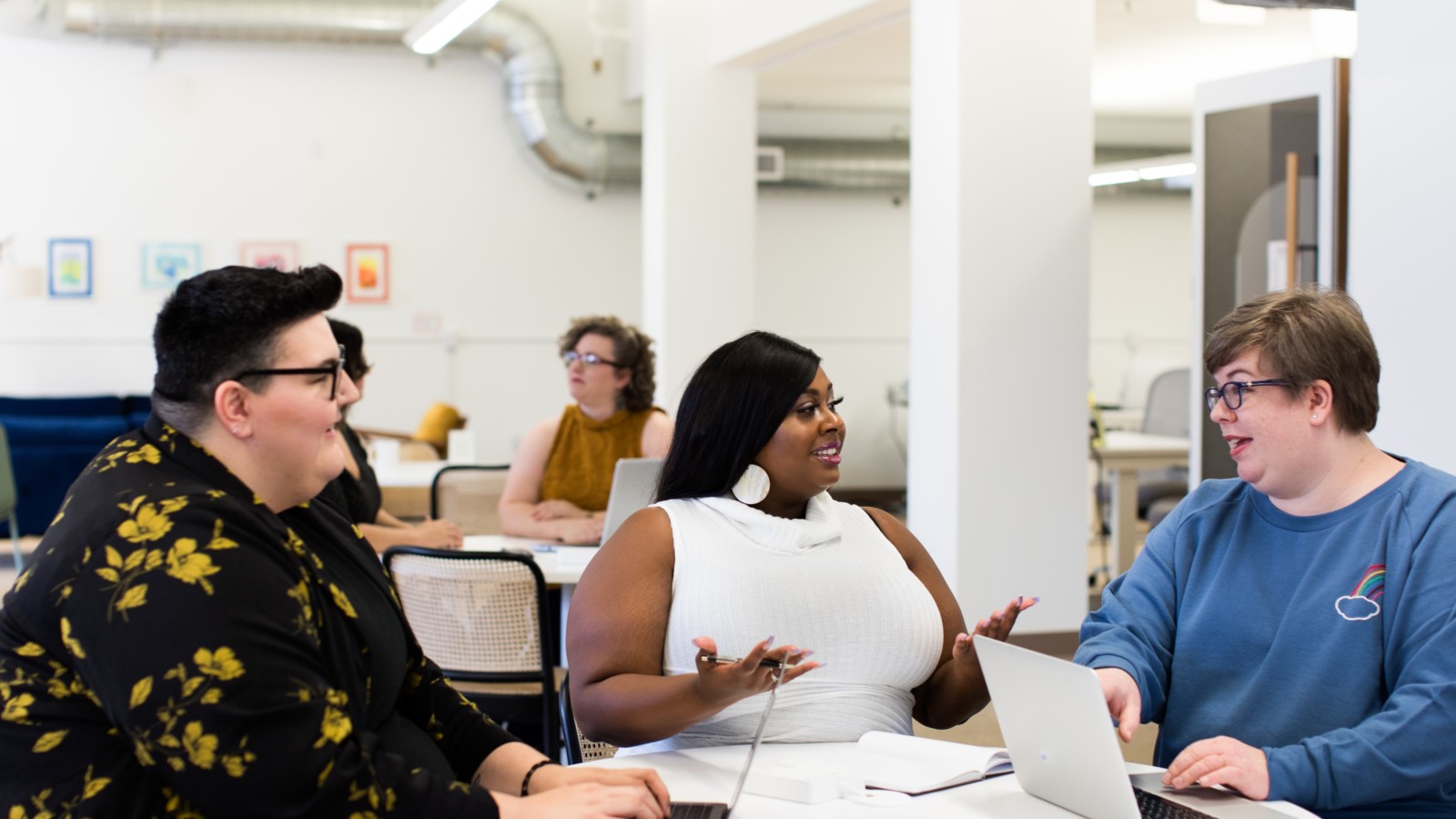There isn’t a single leader who can say they know it all when it comes to running a business.
Leaders, in my opinion, should emphasize evolution in all that they do. Industries around us are changing. The landscape we are in is changing. We, as people, are constantly changing. As such — and not surprisingly! — there is always room for disruption, creativity, and innovation.
Want to continuously improve your leadership skills? Through experience, I have found there are two key ways for doing it.
Listen
Here’s an interesting statistic about listening. According to sound expert Julian Treasure, we spend 60% of our communication time listening. However, we only retain 25% of what we hear.
Where is the remaining 35% going and how can we get it back?
In a TED Talk, Treasure shares how we are losing our listening. Some of it is disappearing because of technology advancements in recording. The world, as a whole, is also quite noisy. It often becomes too tiring to listen to, so we put on earbuds or headphones to escape. However, the biggest danger is our overall impatience.
Listening carefully requires patience. It means we must be present in that moment and with the person. Why can’t we simply shorten the conversation? How about review the notes of the meeting afterward? These actions aid to the loss of our listening. Consider subtle actions and behaviors during a meeting or conversation that are lost when we choose to tune it out.
Losing our listening, as Treasure says, means we lose access to understanding. When we practice conscious listening, we create understanding.
Let’s get back to conscious listening. Follow Treasure’s acronym for regaining conscious listening back again. RASA — receive, appreciate, summarize, and ask.
Be quiet when others are speaking. Observe everything, from someone’s tone of voice to their body language as they speak. You can make a few noises like “right” or “oh” or nod your head, but keep the noises limited. Summarize everything learned afterward and ask questions. Be willing to listen to, and accept, your team’s feedback.
Be Vulnerable
For too long, we have been taught not to show signs of vulnerability in the workplace. Vulnerable emotions are complicated emotions. Being vulnerable does not always mean that you’re crying in the bathroom or sharing difficult personal news with someone you hope will understand it. Curiosity, for example, is another sign of vulnerability.
In the workplace, this comes with a bewildering set of contradictions. We are told to ask any questions and there is no such thing as a stupid question. Admittedly, it does take a certain amount of bravery to ask questions at all. However, if the question challenges an existing practice or reveals we don’t know how something works, many people are shamed for being curious. Instead, we should be thanking everyone for asking questions.
Brené Brown gets it right when it comes to vulnerability. If we pretend to know everything, we will never be able to keep the house of cards upright. Eventually, it will collapse. Depending on how much you’re willing to learn and grow, the house of cards might get stacked up again — this time with a better foundation — or remain rubble.
Don’t be afraid to be vulnerable and express that you are a learner! Be open, knowing that the willingness to continuously grow, improve, and be vulnerable is ultimately the hallmark of a great leader. A person open to constant learning and improvement is ultimately going to find incredible opportunities to improve leadership on a lifelong basis.


